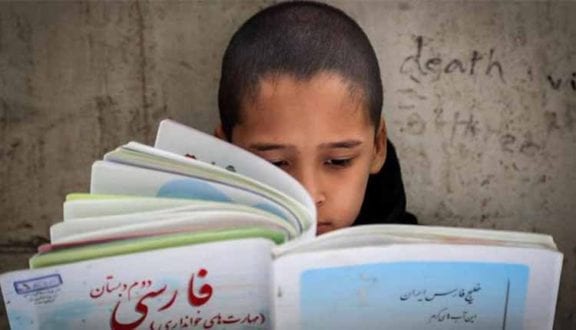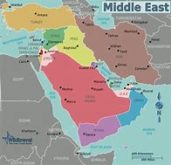iranintl – Policies adopted in recent years have seriously damaged the quality and fairness of Iran’s education system, a report released by a group of experts says.
The report an excerpt of which was published by the reformist Etemad newspaper highlights significant qualitative deficiencies in Iran’s education system. Alongside these shortcomings, the system is criticized for a lack of justice in providing educational opportunities and a legitimacy gap, stemming from disparities between students’ expectations and authorities’ ideological perspectives.
According to the report, this disconnect has severed ties between the educational system and civil society, leading to resistance from students, their families, and even teachers against the system’s policies. The study group, comprised of experts, researchers, and educators, convened at the invitation of former reformist president Mohammad Khatami (1997-2005) to address these issues.
“The education system has turned into an arena for those in power to pursue their political goals,” the report says, explaining that schoolbooks and teacher training and selection have become engineering tools to ensure the political and ideological goals.
The report contends that the accelerating privatization of education in Iran has disproportionately disadvantaged poorer regions, with some areas, like Sistan- Baluchestan Province, having villages located up to fifty kilometers from the nearest school. Schoolbooks, first re-written after the 1979 revolution, have been modified over the years to align with Islamic standards, have increasingly become tools to serve the political interests of the hardliners in power, imposing their ideological values.
Religious censorship has invaded many textbooks, including literature and history, where the hardliner Shiite faction has imposed its own version of values on the educational system. Some writers and poets have been purged from textbooks while others have been given a more prominent place. Even Islamic history has been manipulated to fit the narrow religious agenda of the ruling hardliners.
In recent weeks, reports indicate that hardliners controlling parliament and enjoying influence in the presidential administration, have begun hiring thousands of their followers as teachers and school principals, without any consideration for qualification.
Resistance against the ideological values of the hardliner clerical rulers clearly manifested itself last year during the several-month-long Woman, Life, Freedom protests when female students displayed their anger by refusing to wear the mandatory hijab and protested both inside and outside schools in many areas of the country. Some of the students who were arrested for protesting were banned from attending school.
Many Iranians suspect the mysterious poisoning incidents that affected thousands of students across the country following the protests were orchestrated as revenge by the regime or the religious hardliners it protects. This was perceived as a measure to intimidate and subdue those involved in the protest movement. The poisonings began in Qom on November 30, spreading nationwide until April, leading to hospitalizations and at least one reported death.
Authorities first denied any suspicious activity, then admitted “mild poison attacks”. Later they blamed dissidents and foreign powers and arrested some individuals who they blamed for isolated cases and forced to make televised “confessions”.
Eventually in a statement on April 28, the intelligence ministry denied any indication that poisonous substances had caused the illness of students and said samples taken from the scene of the incidents examined by “the most reliable laboratories” in the country had not yielded any suspicious materials. The ministry blamed pranksters who it claimed had used stink pots, pepper sprays, tear gas and similar substances to disrupt classes.
 Shabtabnews In this dark night, I have lost my way – Arise from a corner, oh you the star of guidance.
Shabtabnews In this dark night, I have lost my way – Arise from a corner, oh you the star of guidance.



